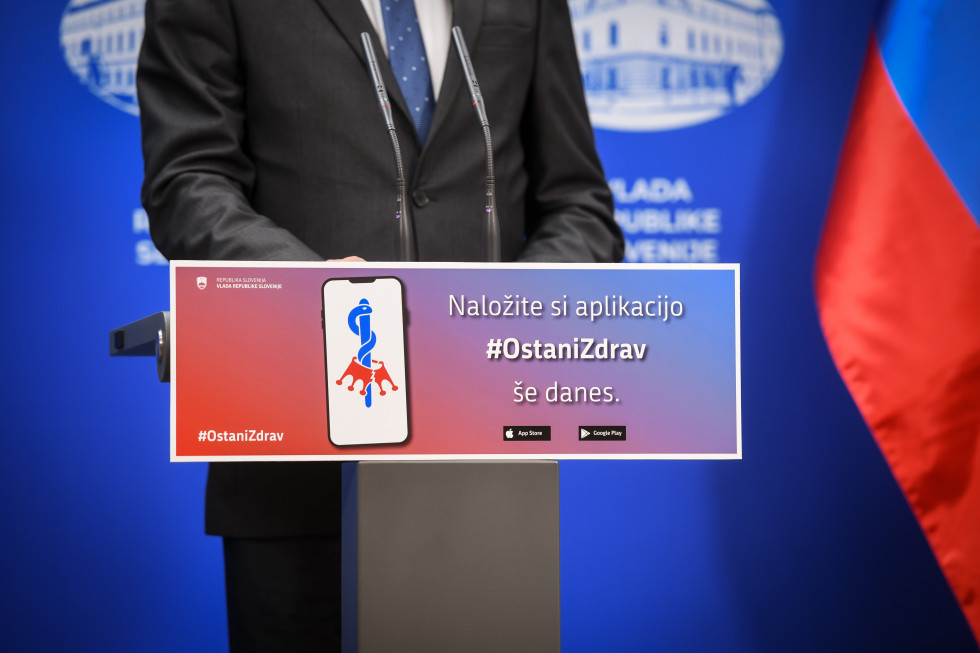The government has extended the state of epidemic by another 30 days
The epidemic is still spreading rapidly among the population, far exceeding the usual morbidity or incidence rates. The current epidemiological situation regarding the spread of SARS-COV-2 infection requires another declaration of the epidemic for a limited period of time for the entire Slovenian territory, because all statistical regions have reached or exceeded the incidence rate which calls for declaring an epidemic.
The government also adopted amendments to the ordinance on the temporary suspension of the sale of goods and services to consumers, fully reopening the construction industry in all statistical regions, the government reported after its session. This exception enters into force on 15 March 2021 and fall under activities or services that may be open without regular staff testing.
The government has also adopted the draft act amending the Communicable Diseases Act. The emergence of new virus variants, which pose a great threat because they can cause a faster spread of infection, require strict adherence to the epidemiological instructions, according to which individuals who have been in contact with an infected person or come from high-risk areas must remain in quarantine at home in a way that prevents them from coming in contact with persons outside their household. The draft act thus introduces quarantine at home and its inspection, regardless of whether a person has been sent to quarantine by the National Institute of Public Health, the police, or in any other way. The draft act also specifies the records required to carry out the inspection and defines the failure to self-quarantine at home as an offence. This protects the health of all people living in Slovenia and prevents s further spread of COVID-19, including the new variants of the SARS-CoV-2 virus.


